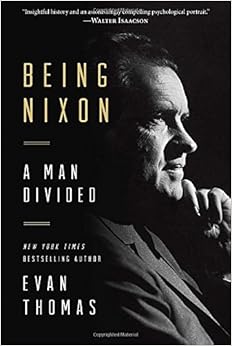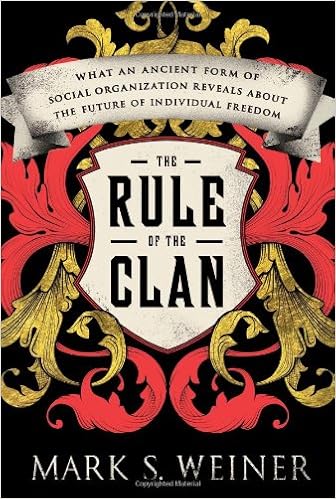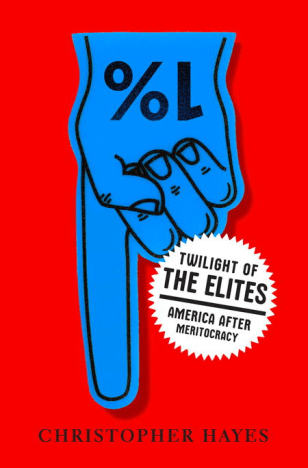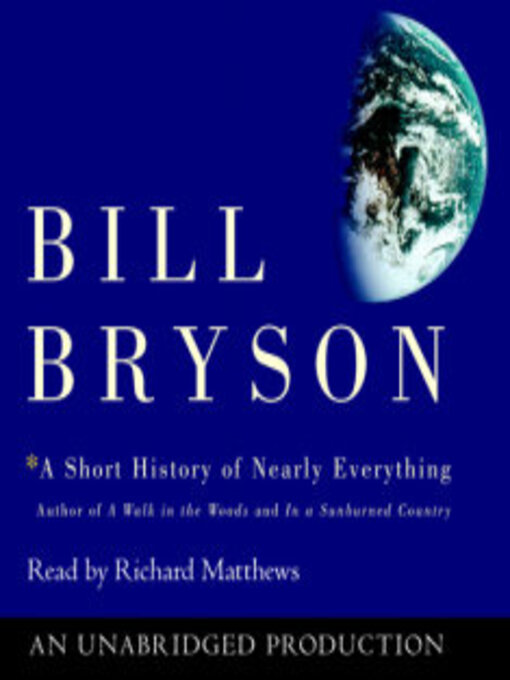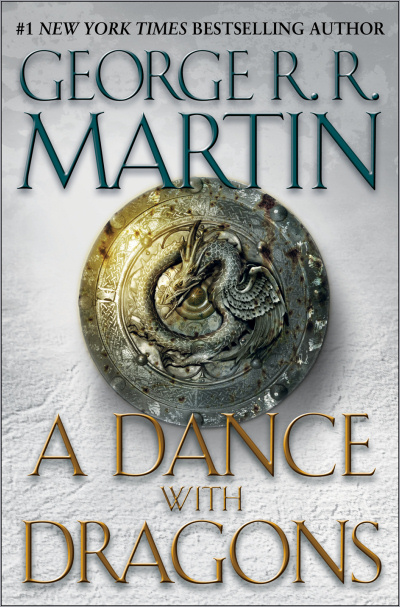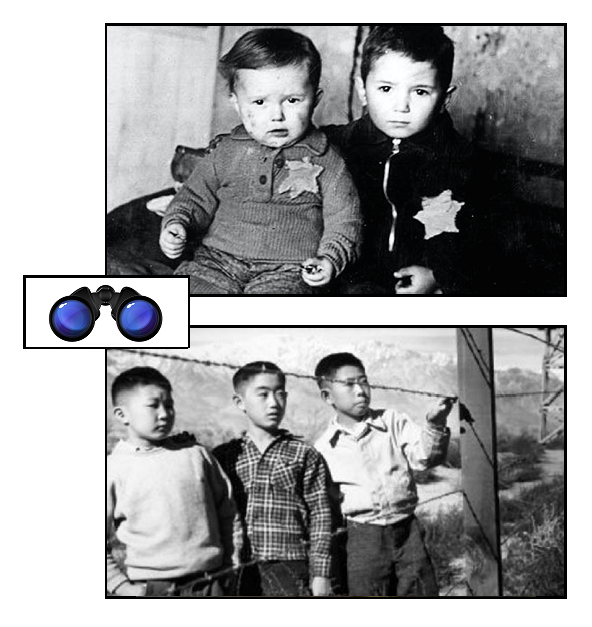[ by Charles Cameron — working my way towards that ever-elusive Grand Theory of Linkage ]
.

Ahem — not unlike my DoubleQuote format, these Taiwanese leg-irons offer another form of linkage
**
Here’s a cross-cultural DoubleQuote embedded in a Guardian paragraph — from Xiaolu Guo, writing on the Analects of Confucius in Ten Books that Changed the World:
If you are Chinese, lines from the Bible such as “Love your enemies and pray for those who persecute you” can only bewilder you, as Confucius said nearly the opposite: “It is only the truly virtuous man who can love and hate others.” Hate is a necessary moral stance for a Chinese man.
**
More elaborately, Marcy Wheeler over at emptywheel has an entire post using what’s in effect a DoubleQuotes form of argument, comparing Buffalo’s ISIS Supporting Terrorist and Its Klan Supporting Terrorist as her title puts it, and including such quotes as these..
Concerning Michael O’Neill:
On January 21, 2015, the Niagara County Sheriff’s office responded to a report of an explosion at the house of Chair of the Niagara County Legislature, William Ross. They discovered that his stepson, former corrections officer Michael O’Neill, who lived with his mother and stepfather at the house, had blown off his leg while working with explosives in the garage. In addition to the one that exploded, there were 6 completed Improvised Explosive Devices in the garage, along with shrapnel, fireworks powder, and other explosives precursors.
and..
That evidence shows that the work bench at which Ross’ stepson was emptying fireworks for powder and adding nails to IEDs was decorated with a Stormtrooper poster, a picture of Nathan Bedford Forrest, a Confederate flag, and a poster advertising, “The KKK wants you.” O’Neill also appears to have had a sword (most visible in Exhibit 14) not mentioned in any legal document.
Concerning Arafat Nagi:
A week later, on July 29, also in the Buffalo area, FBI Agent Amanda Pike arrested US citizen Lackawanna resident Arafat Nagi on charges of attempting to materially support ISIS. The complaint laying out the case against Nagi relied on trips to Turkey and Yemen (Nagi has family in the latter), a slew of tweets supporting ISIS, and some 2012 and 2013 purchases of military equipment — including body armor and a machete — and Islamic flags from eBay. The complaint also included pictures Nagi had tweeted out depicting ISIS and extremist flags and Abu Bakr al-Baghdadi
— and concluding:
Still, these two extremists were working their way through the same court room at the same time. The contrast between the two cases is instructive.
Read her entire piece for further elaboration.
**
A DoubleQuote in my DQ format is intended to work as a sort of haiku, or perhaps a stem christie, incorporating in miniature a change of direction or leap of insight — they come to much the same thing.
A single, glorious gothic arch — you get the picture.
It is becoming ioncreasingly obvious, though, that the DoubleQuote method of comparison and contrast has far wider application — and as my collection of DoubleQuotes in the Wild has hopefully shown, that the basic idea continues to strike artists, writers and analysts as a powerful means of corralling and communicating concept and meaning.
It’s a naturally occurring form for thought, in other words, and at best my graphical DoubleQuotes format can bring a formal unity to many of its possible examples, and thus sharpen it — as a the general idea of a branch can be “formalized” into the concept of a fishing rod or baseball bat — into a tool.



